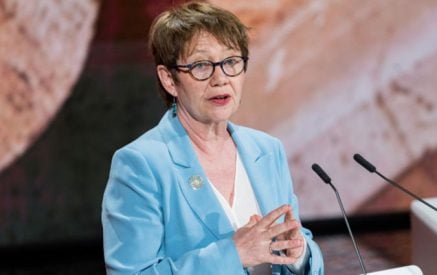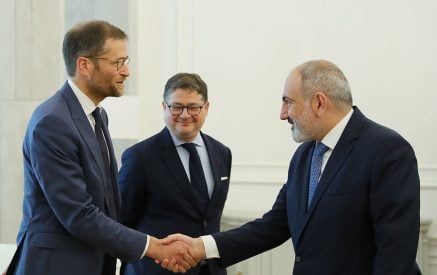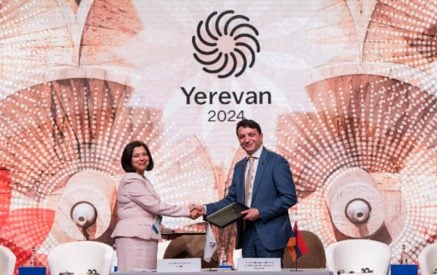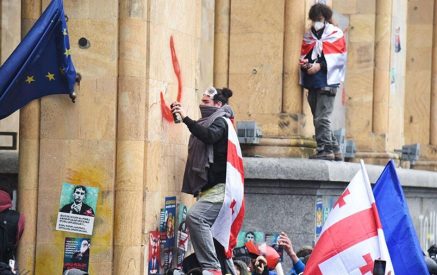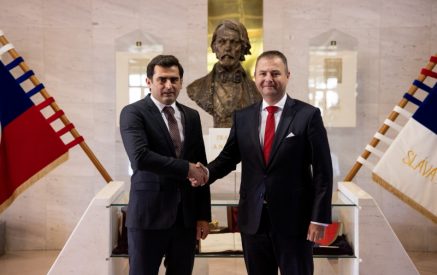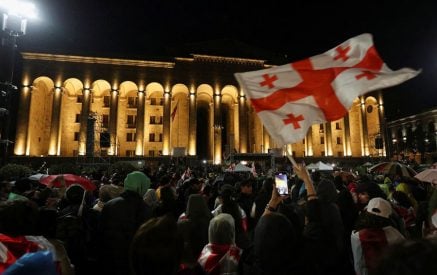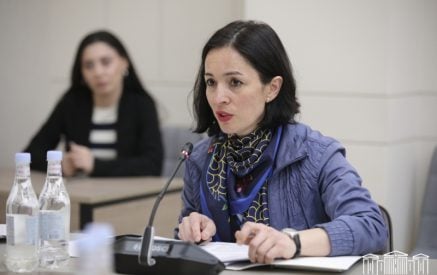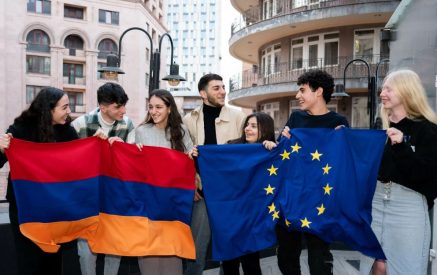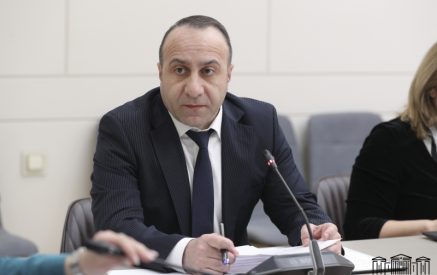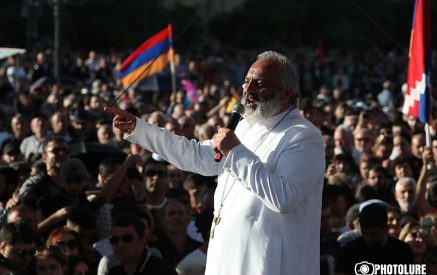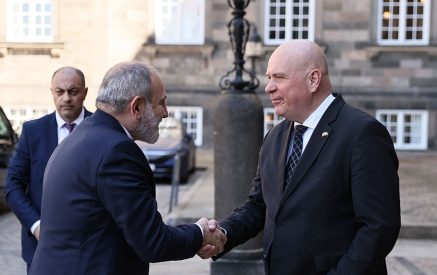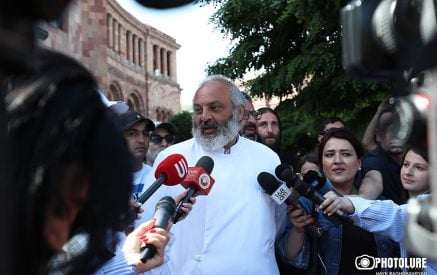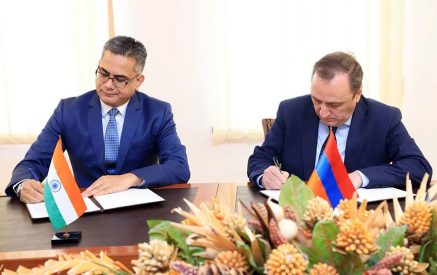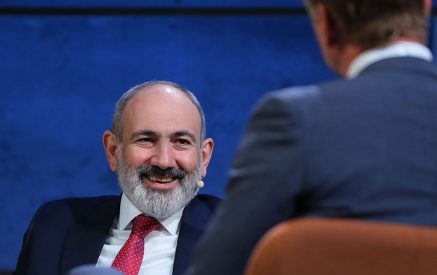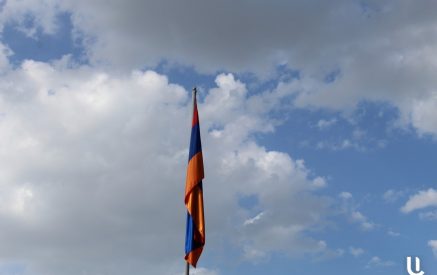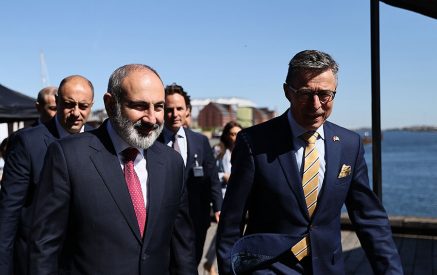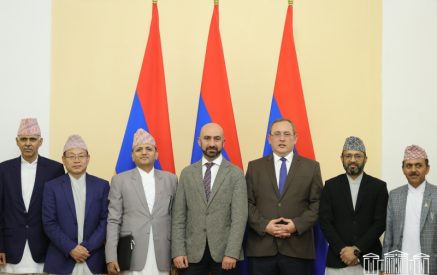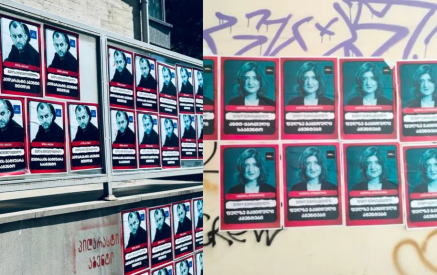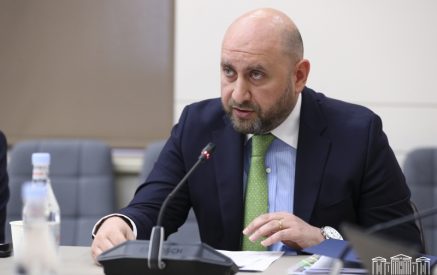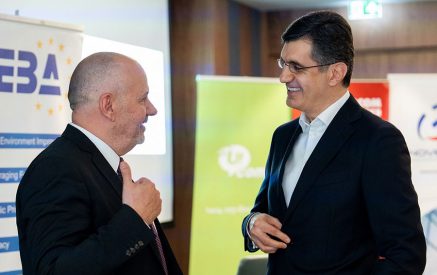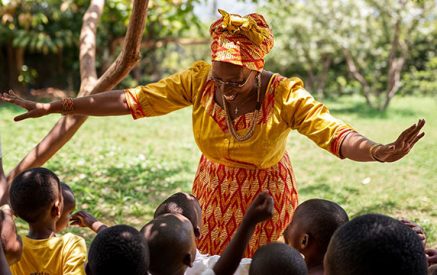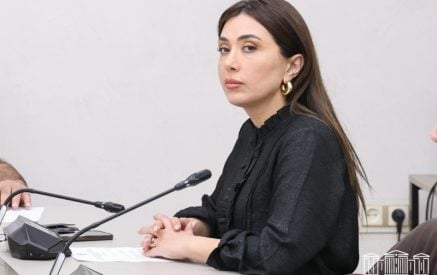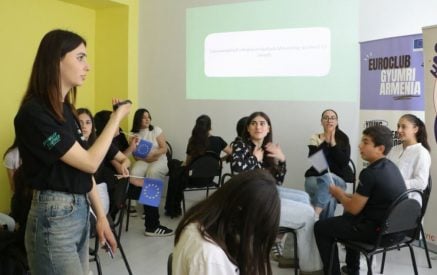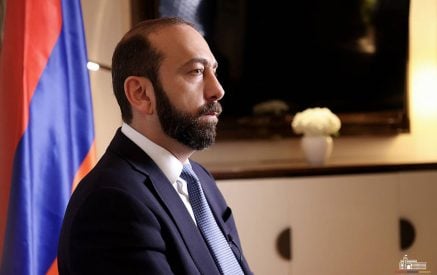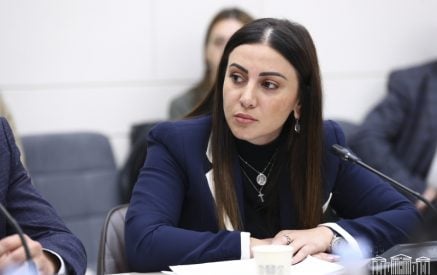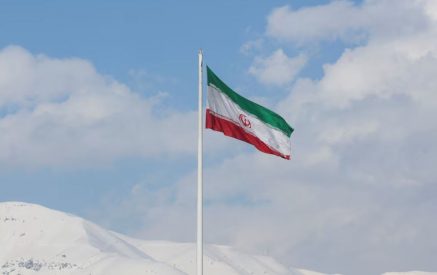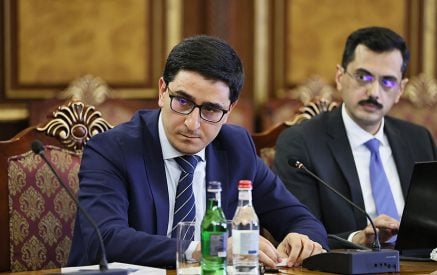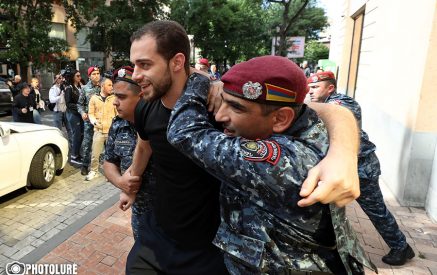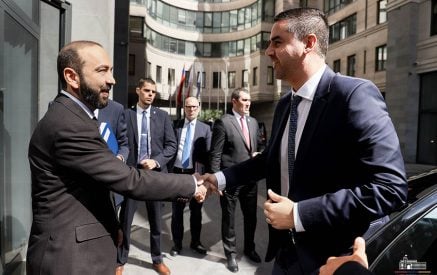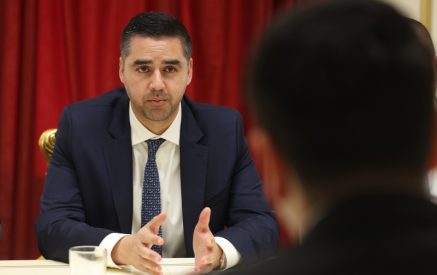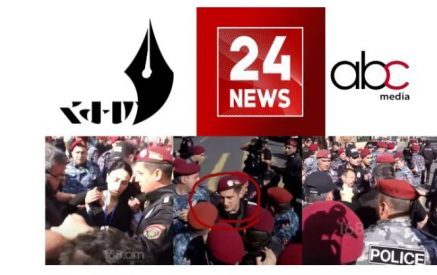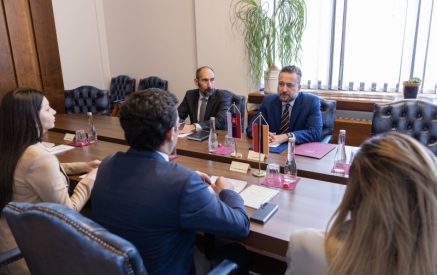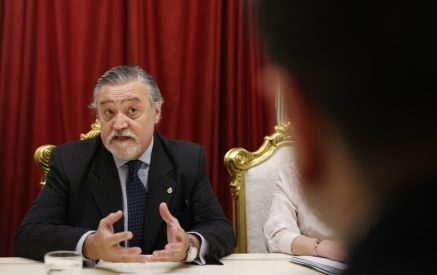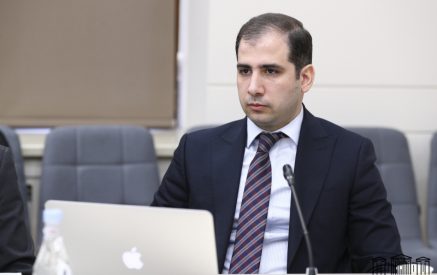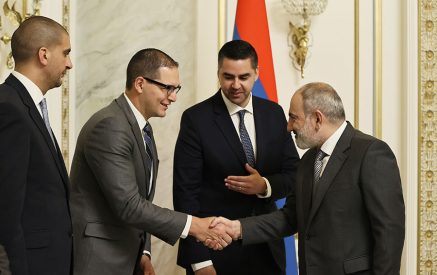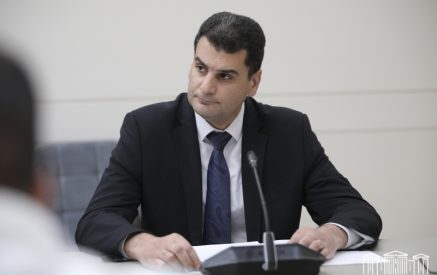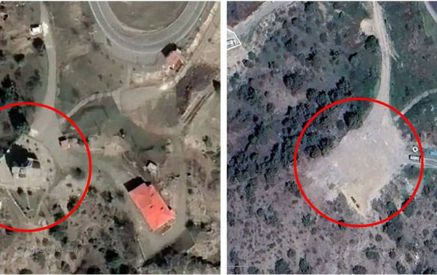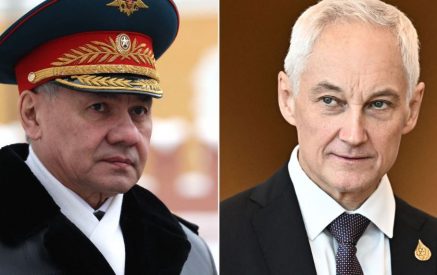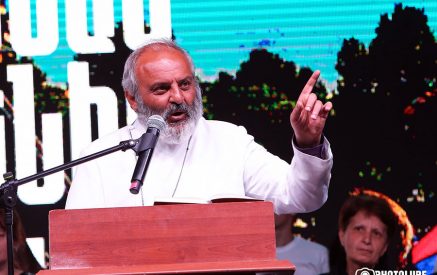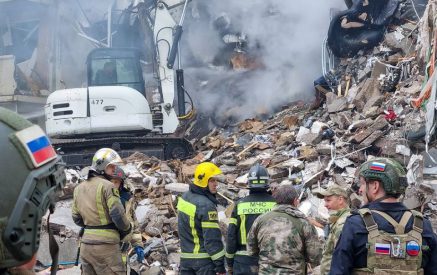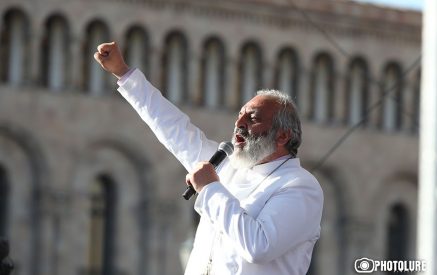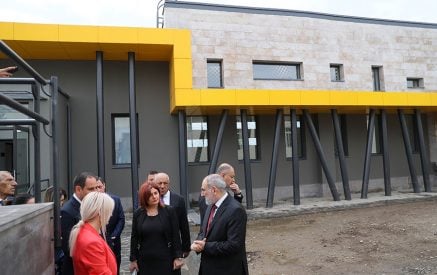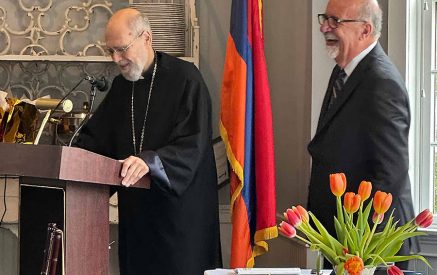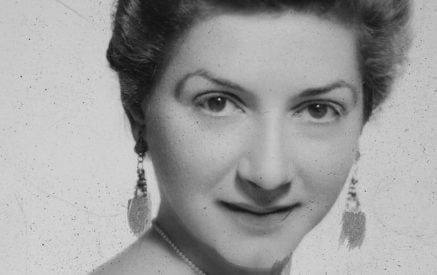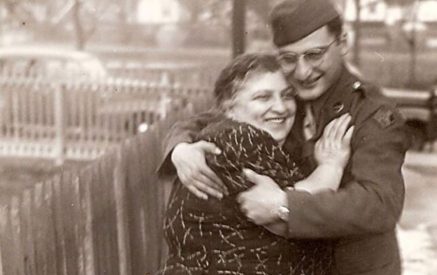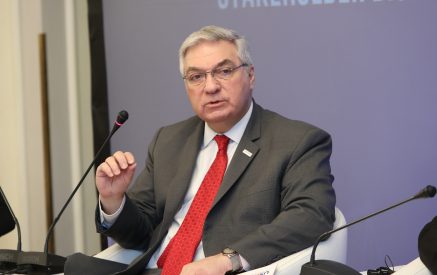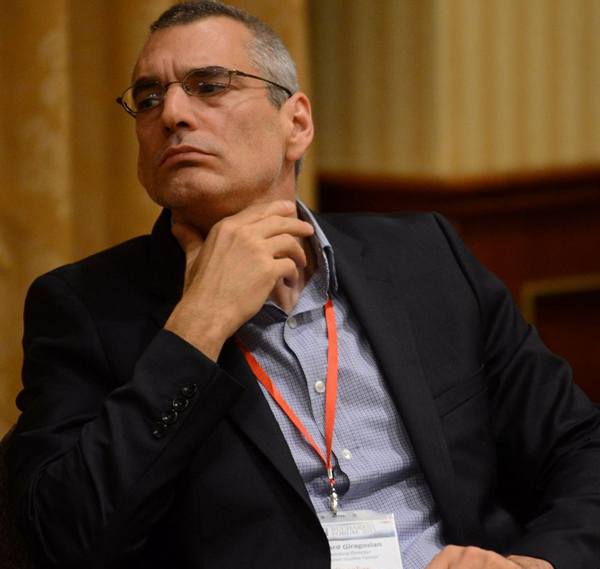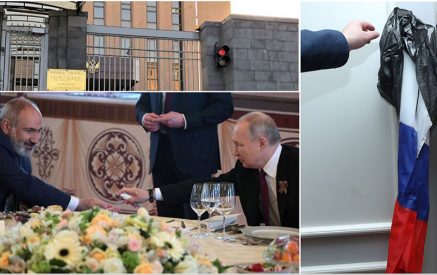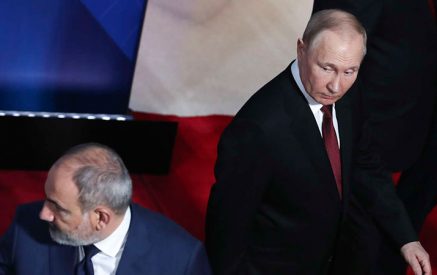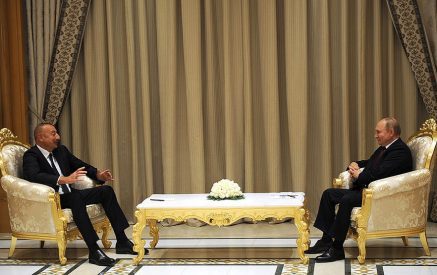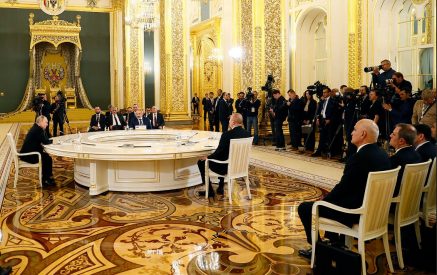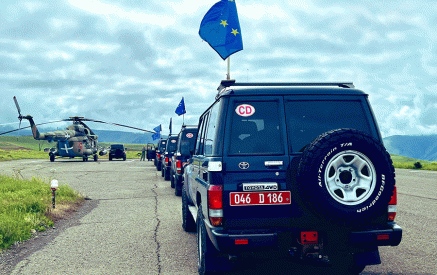By Richard Giragosian
Since coming to power in April-May 2018, the Pashinyan government has focused on implementing a deep psychological change in Armenia. This effort has involved both an emphasis on symbols, such as social media as a platform, and status, exercising the “moral majority” that Prime Minister Nikol Pashinyan has used most effectively against political rivals.
But beyond the government’s emphasis on fighting corruption on a case by case basis, this has also expanded from economic crimes to the political arena. And the re-opening of an investigation into the tragic and fatal events of March 1, 2008 also tends to reopen the door for a degree of “revenge” or “vendetta” politics, with former, once powerful leaders now fearful of retribution if not justice.
Among the post-Soviet countries, there is little tradition of peaceful retirement for former leaders. In many cases, leaders only leave office upon their death, and not by being voted out of office or relinquishing their power or positions. And for those former presidents deposed or forced from power, former presidents usually flee their office by fleeing the country, seeking refuge in another country.
In the case of Armenia, however, presidential politics have always been different. Just as the country has had only three presidents, each has remained in the country and each has retained a comfortable retirement. At the same time, no former Armenian president has ever succeeded in coming back to power.
Yet that latter fact has been recently challenged, as former President Robert Kocharian raised renewed fear of just such a comeback scenario. For his part, in reaction to a criminal investigation of his role in the country’s violent and deadly crackdown on post-election demonstrators in March 2008, in mid-August Kocharian vowed to “return to active politics.”
But Kocharian, who spent a little more than two weeks in pre-trial detention before a court later released him, still faces lingering criminal charges for “overthrowing the constitutional order” by deploying army units to forcibly disperse those demonstrations. While there is a legal and constitutional debate over the limits of his presidential immunity, the case has recently widened to include a related probe of the sources of his reportedly immense personal wealth and assets.
And with Kocharian as the “Moby Dick” of Armenian politics, grounded in a pronounced public obsession with where and what the former president is doing, such fearful obsession is rather remote from any real threat.
More specifically, with no clear power base or party of his own, Kocharian lacks any viable political vehicle, and is perhaps the last person in the country to truly realize how politically irrelevant and insignificant he has become. Armenia has changed considerably and has moved on since his tenure ended a decade ago, and with the recent May 2018 change of government its political landscape has shifted even more.
In that context, each day Kocharian becomes more and more a former, and nearly forgotten, president, with little real chance for any such credible comeback. And even despite the fear and fanfare of a congratulatory phone call from Russian President Vladimir Putin on his 64th birthday did little to hide the lack of any backing or support from Russia, which may not yet know or trust the current Armenia leadership, but clearly see an unacceptable risk in betting on any such comeback.
For Moscow, however, the stakes are far too high to risk the real instability that will come from any such wager on resurrecting a now discredited and deeply polarizing figure like Kocharian. Instead, the former president should better value his peaceful retirement to date and focus his energy on mounting a legal defense against a widening criminal investigation.
……………………
Richard Giragosian is the director of the Regional Studies Center (RSC), an independent “think tank” in Yerevan, Armenia.

